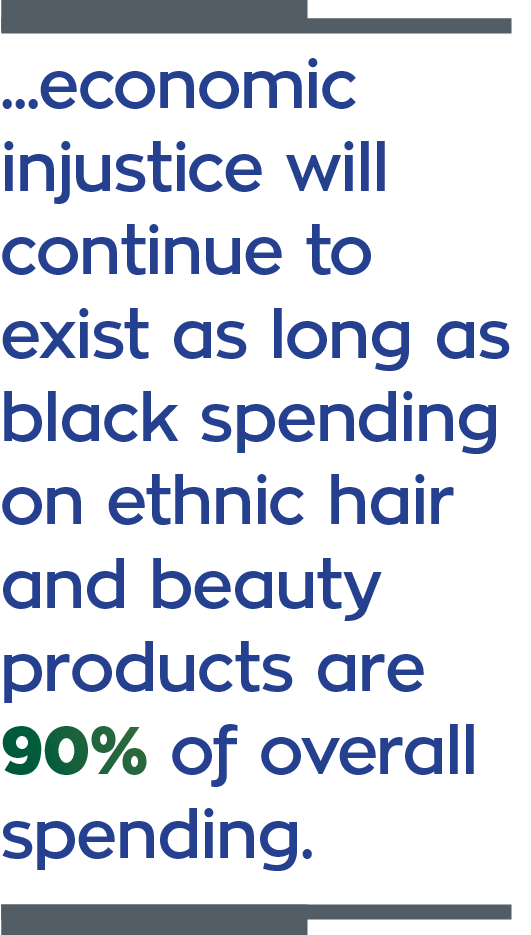

esus said in Matthew 26:11 that the poor will be with us always. And, He is correct! While Jesus lived among us for 33 years, the poor and economic injustices have been with us since even He was born to His impoverished earthly family, and they still exist today. Did Jesus mean we will always have economic injustice?
For a variety of reasons, economic justice is difficult to achieve and is complex. First, where would we even begin to bring equity in this regard? Should the fight for economic justice begin with living wages or house pricing discrimination? Should we begin with inflation and gas prices in minority communities being higher than those in other communities? Or what about resolving the injustice in the United States tax code? Or, should we start with banks and their predatory lending policies, or credit card fees injustice and discrimination?
In addition to where to begin, we are also faced with, what I call the “Whack-A-Mole” problem. If justice is obtained in one area, will it spur economic injustices in other areas? For example, if people are paid increased wages, then those with wealth and company owners will argue that some people at the economic bottom will inevitably be fired or some simply let go.



In the year 2021, black economic spending was an estimated $1.6 billion dollars. Yet with all that spending power, economic injustice did not improve. Economic justice cannot occur when black businesses are not supported. It is an injustice when minority communities do not support minority businesses 100%. Furthermore, economic injustice will continue to exist as long as black spending on ethnic hair and beauty products are 90% of overall spending.
The point I’m making is that although we will always have the poor and economic injustice—from government, politicians, and institutions—sometimes economic injustice can be self-inflicted!